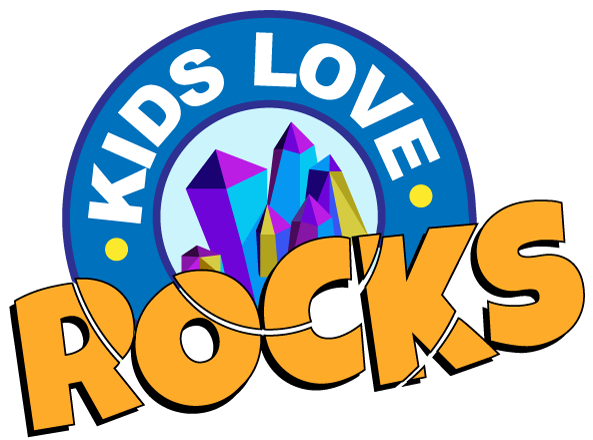Answers to mineral questions
Is Cubic Zirconia a mineral? Answer: No
Why? Cubic Zirconia is a lab-grown diamond substitute which is used as a “gemstone.” Because it is manmade, it does not pass the 4th rule.
Is a Diamond a mineral? Answer: Yes!
A Diamond passes all of the requirements necessary to be defined as a mineral.
Is Fluorite a mineral? Answer: Yes!
Fluorite passes all of the requirements necessary to be defined as a mineral.
Is Galena a mineral? Answer: Yes!
Galena passes all of the requirements necessary to be defined as a mineral.
Is Graphite a mineral? Answer: It depends.
If the Graphite is natural, then it is considered a mineral. When it is made in a laboratory, it is not, because it can not pass rule number 4.
Is an ice cube a mineral? Answer: No
Why? Because ice cubes are not natural. They are made by humans with the use of a freezer.
Is Pyrite (“Fool’s Gold”) a mineral? Answer: Yes!
Pyrite passes all of the requirements necessary to be defined as a mineral.
Is a Ruby a mineral? Answer: Yes!
A Ruby passes all of the requirements necessary to be defined as a mineral.
Is snow a Mineral? Answer: Yes!
Snow passes all of the requirements necessary to be defined as a mineral.
Thank you so much for playing!
If you did well, great! If you didn’t, don’t worry! We have plenty more fun stuff to learn and what matters is we have fun!
In Review
A mineral, by definition, is . . .
- Inorganic, which means that it is not made by a living organism.
- A solid. There is one unusual exception. Native mercury is a mineral and is the only metal that is a liquid at normal temperatures.
- Has a regular crystal structure. The crystal structures are described as crystal systems.
- Made by nature which means minerals are not made, directly or indirectly, from human activity.
- Has a predictable chemical formula.
Maybe you need a break after all that learning and a quiz too!
If you still want to keep learning, let’s go on and find a new subject under the Educational Resources tab!
